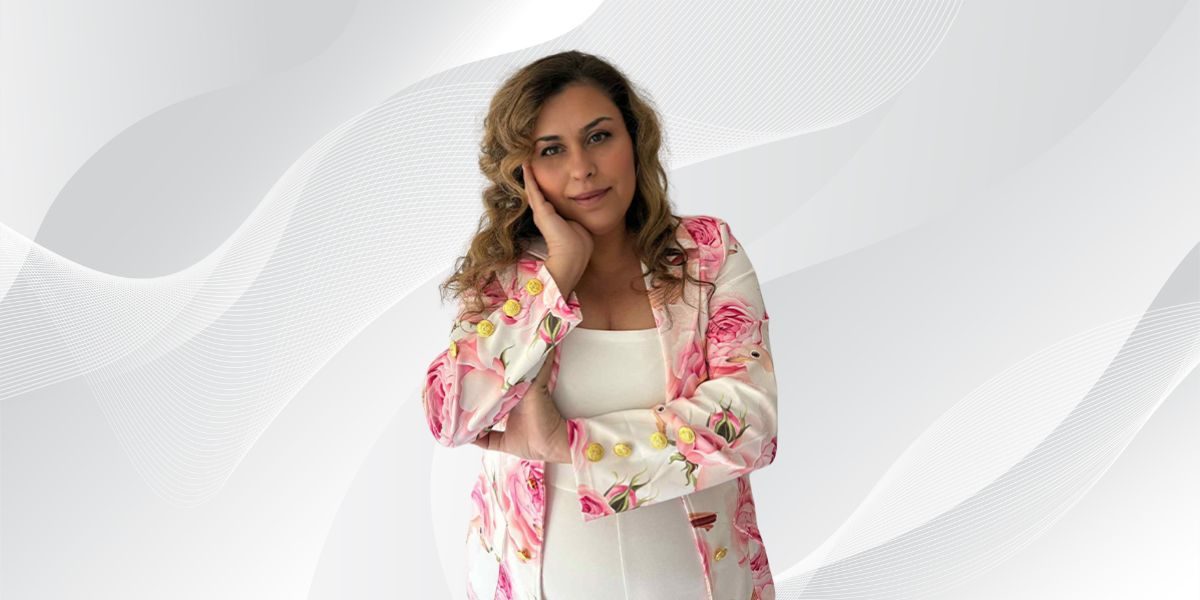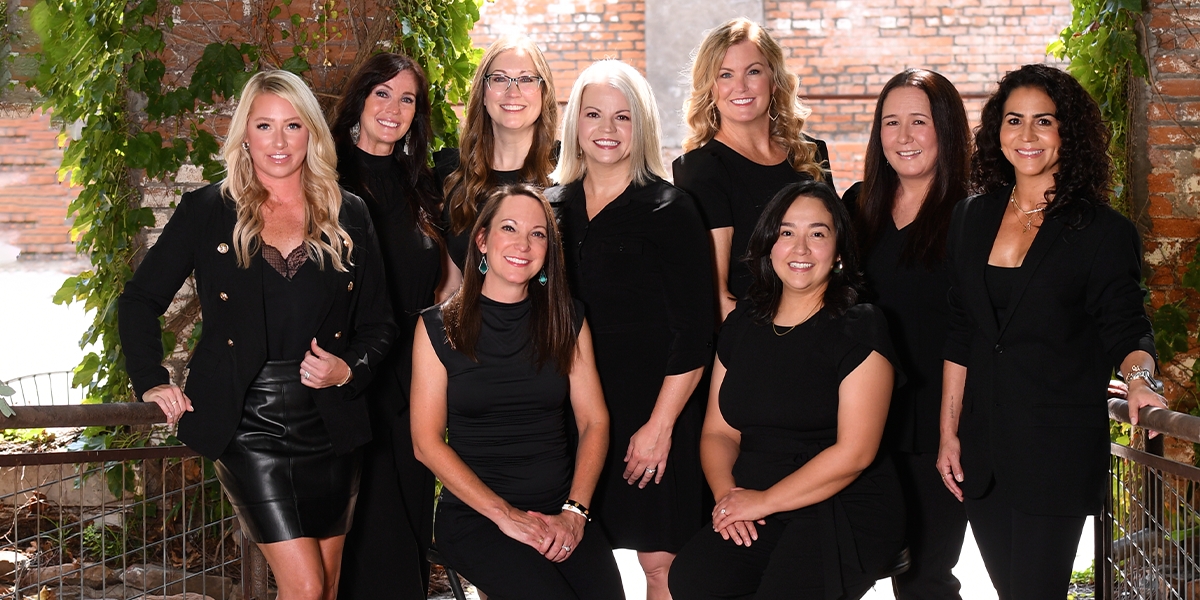By: Page F. Berry
Many children’s stories end with the hero finding a great treasure and keeping it safe forever. Zenia Phoenix‘s beautiful book, Pip and The Magic Shell, offers a different and much thoughtful ending. Young Pip discovers a truly magical treasure: a glowing pearl inside a rainbow shell. Yet, in a significant moment, Pip chooses to drop the pearl back into the sea. Why? He remembers his Grandma’s important lesson: “All living creatures and Magic things must be treated with care and kindness.” Pip’s choice suggests to children something profound: the truest value often lies not in keeping things, but in letting them go with love and respect.
Pip’s adventure shows us that holding tightly to something special isn’t always the best way. When he first pockets the pearl, it leads to some unexpected trouble, shrinking him to a tiny size. Trying to possess the magic disrupts the natural order.
His decision to release the pearl isn’t giving up; it’s an act of understanding and care. He recognizes the pearl belongs to the wider magic of the sea, not in his pocket. This moment in Pip and The Magic Shell illustrates healthy detachment – appreciating something deeply without needing to own or control it.
This idea connects strongly to respecting nature. Think of finding a beautiful wildflower. Picking it can mean it will wilt quickly in your hand, gone forever. Admiring it where it grows allows everyone to enjoy its beauty, and the flower can complete its life cycle. Pip’s pearl is like that wildflower.
Letting it return to the sea respects its place in the natural world. It teaches children that the beach, the forest, and all their inhabitants are not just resources for us to take. They are living systems we must treat gently. Pip sets the pearl free because he understands this interconnectedness.
Pip’s story also highlights a wonderful truth: the joy may lie in the experience, not just the object. Pip’s adventure – shrinking, sailing in a bottle, seeing glitterfish, and a curious octopus – becomes the real treasure. The memories, the feelings of wonder and bravery, are what stay with him long after the pearl is gone. The pearl itself was just the key unlocking that incredible journey.
Zenia Phoenix shows us that collecting moments and memories can often bring more lasting happiness than collecting things. Holding a shell is nice, but the memory of finding it, the sound of the waves, the feel of the sand – that’s the real magic we carry inside.
So, how can parents help foster this mindset in their children? It starts with modeling. Show your child how you admire a butterfly without needing to catch it. Talk about the beauty of clouds, knowing they will change shape and drift away. When you visit nature, focus on observing and enjoying together rather than gathering souvenirs.
Encourage activities that create experiences: building sandcastles knowing the tide will wash them away, blowing bubbles and watching them float off, planting seeds and enjoying the growth process. When your child finds a special rock or feather, admire it with them, talk about its story, and then perhaps suggest leaving it for others to find or for nature to reclaim. Use gentle reminders like Pip’s Grandma: “Isn’t it wonderful we got to see this? It belongs here.”
Since its release, Pip and The Magic Shell has touched readers with its gentle wisdom. Pip doesn’t end his adventure empty-handed. He returns to the shore wiser, grateful, and filled with the magic of his experience. He learns the book’s final lesson: “Some treasures are not meant to be kept – they are meant to be loved, respected, and set free.” This is the true value Pip discovers beyond the treasure chest.
Disclaimer: The views and opinions expressed in this article are those of the author and do not necessarily reflect the official policy or position of any organization or entity. The information provided is for general informational purposes only and is not intended as professional advice.









